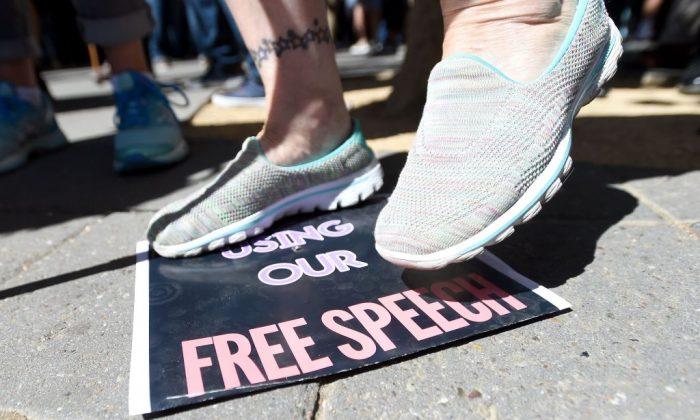Some political leaders maintain Canada’s free speech rights are in jeopardy. Conservative Leader Pierre Poilievre has proposed having a “Free Speech Guardian” on university campuses. Alberta Premier Danielle Smith has created a new position—parliamentary secretary for civil liberties—for a similar purpose.
Free speech advocates, too, have said speech rights and free expression are being infringed upon in Canada, particularly since the outbreak of the COVID-19 pandemic, the Freedom Convoy protest last winter, and in light of upcoming government legislation that aims to regulate the internet.





